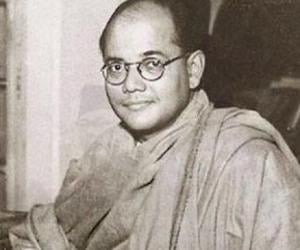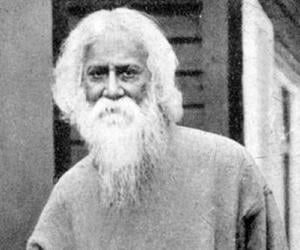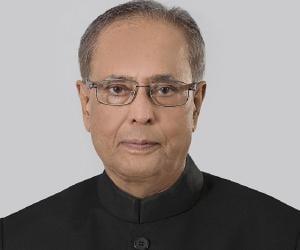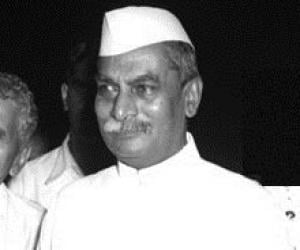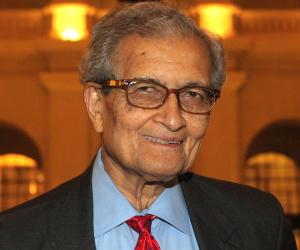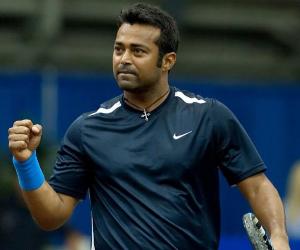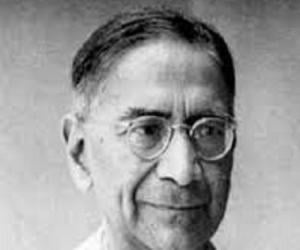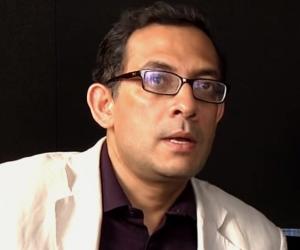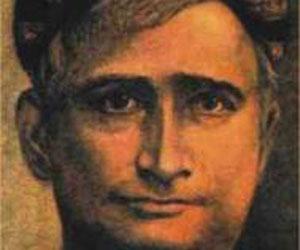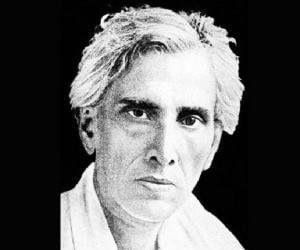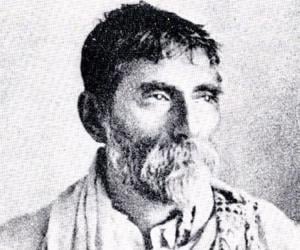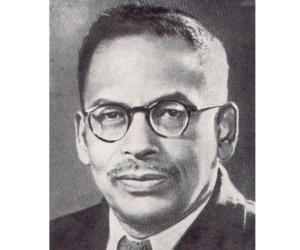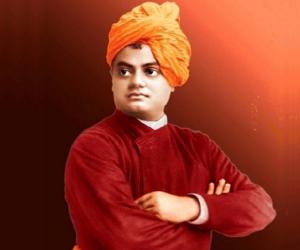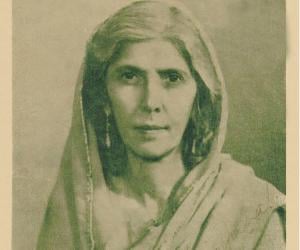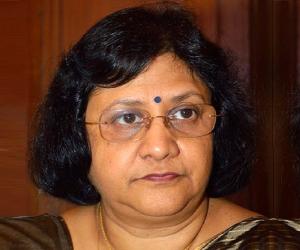An Indian nationalist known for his role in the country’s struggle for freedom from the British, Subhas Chandra Bose was a politician with radical views. He was part of the Indian National Congress in the late 1920s and 1930s. However, his association with Nazi Germany and Imperial Japan made him a controversial figure.
Rabindranath Tagore was an Indian polymath who contributed greatly to the fields of literature, art, and philosophy. Referred to as the Bard of Bengal, Tagore is credited with reshaping Bengali literature and music. The first non-European to receive the Nobel Prize in Literature, Tagore is also credited with composing the national anthems of India and Bangladesh.
An Indian politician who served as the 13th President of India, Pranab Mukherjee was a veteran with a political career spanning over five decades. He occupied several ministerial portfolios in the Government of India, such as Defence, Finance and External Affairs. He was honored with Bharat Ratna, India's highest civilian award, in 2019.
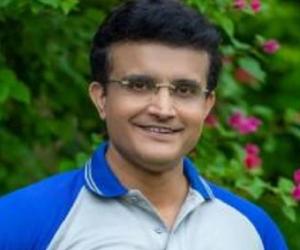
Considered India's most successful Test captain, legendary cricketer Sourav Ganguly, nicknamed Maharaj, was also arguably one of the best one-day batsmen of his time. Also known as the God of the Off Side, he now heads the BCCI as its president. He was initially also a talented footballer.
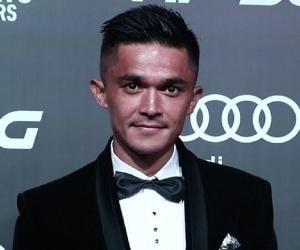
Leander Paes is an Indian tennis player who has the most doubles wins in the history of Davis Cup. With 10 mixed doubles and eight doubles Grand Slam titles under his belt, Paes is one of the most successful Indian tennis players of all time. Paes is the recipient of India's highest sporting honor, the Rajiv Gandhi Khel Ratna award.
Best known for conceptualizing the Mahalanobis distance, Prasanta Chandra Mahalanobis was a renowned Padma Vibhushan-winning Indian statistician who played a major role in his country’s industrialization policies of the Second Five-Year Plan. He also taught at his alma, Presidency College, and was one of the founders of the Indian Statistical Institute.
Born to economics professor parents, Abhijit Banerjee grew up in India before he moved to the U.S. to study at Harvard. He later taught at Harvard and Princeton and is now associated with MIT. His studies on the ways of reducing world poverty won him a Nobel Prize.
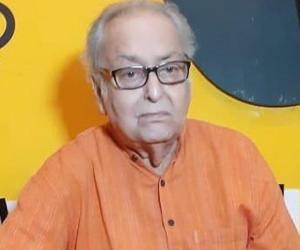
Soumitra Chatterjee was an Indian film actor, director, writer, playwright, singer, and poet. He often collaborated with prominent director Satyajit Ray, with whom he worked in 14 films. A veteran actor with over 210 film appearances, he was the recipient of multiple prestigious awards, including the Dadasaheb Phalke Award, India's highest award in cinema given by the government of India.
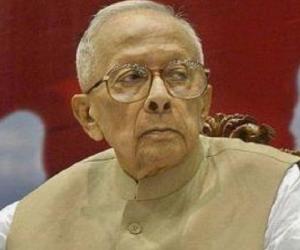
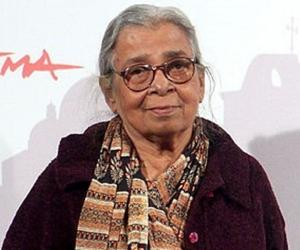
Ramon Magsaysay Award-winning Indian author Mahasweta Devi is regarded as a gem of the Bengali literary world. She had also been a left-wing social activist, and her works such as Hajar Churashir Maa and Rudali have either tribals or people from the marginalized communities as their protagonists.
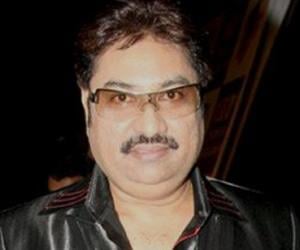
Born Kedarnath Bhattacharaya, Kumar Sanu turned out to be Bollywood’s King of Melody. One of the greatest Indian playback singers, he rocked the 1990s with hits such as Kuch Na Kaho and Yeh Kaali Kaali Aankhen. The Padma Shri winner has had multiple hit duets with co-singer Alka Yagnik.
Bankim Chandra Chattopadhyay was an Indian poet, novelist, and journalist. He is credited with composing India's national song, Vande Mataram, which personifies India as a mother goddess. The song played a major role in inspiring revolutionaries during India's struggle for independence. Dubbed Emperor of Literature, Bankim Chandra Chattopadhyay wrote 14 novels alongside several poems.
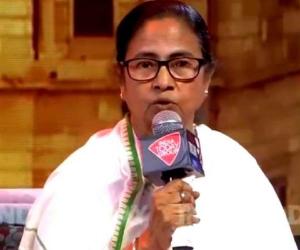
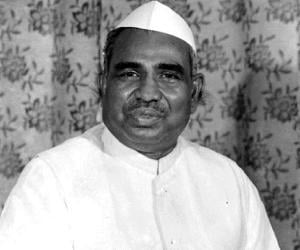
Mircea Eliade was a Romanian fiction writer, historian of religion, professor at the University of Chicago, and philosopher. His stories and novels have been adapted into films, such as The Bengali Night, which was directed by Nicolas Klotz. His works have also influenced writers all over the world.
Iconic Bengali author Sarat Chandra Chattopadhyay is best known for his works such as Devdas, Srikanta, and Parineeta, many of which have been made into films. Born into a poverty-stricken family, he found solace in literature and began writing in his teens. He was a prominent figure of the Bengali Renaissance.
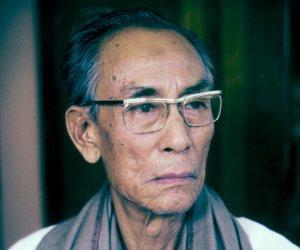
S.D. Burman was an Indian singer and music director. One of the most influential and successful film music composers in the history of Bollywood, Burman composed the music for more than 100 movies. During his career, he won many prestigious awards like Sangeet Natak Akademi Award, Filmfare Awards, and National Film Awards. In 1969, he was awarded the Padma Shri.
Indian Bengali chemist Prafulla Chandra Ray founded the country’s first pharma company, Bengal Chemicals. Educated in Calcutta and Edinburgh, he later worked from his home, a room on the first floor of the college where he taught. Knighted for his achievements, he donated generous sums to the Brahmo Samaj initiatives.
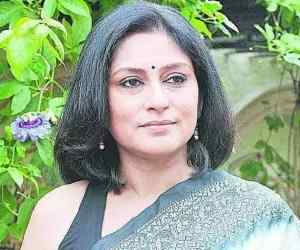
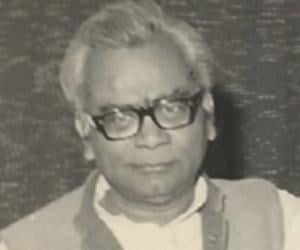
Born to an Indian freedom fighter, Ram Manohar Lohia grew up to follow in his father’s footsteps and joined the Indian National Congress to oust the British. He was also associated with Gandhiji’s Quit India movement. He had also co-established the Congress Socialist Party and written extensively on the caste system.
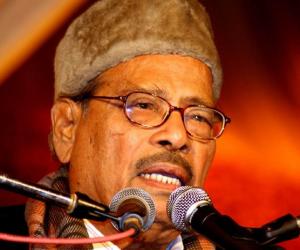
Manna Dey was a classical Indian vocalist, playback singer, musician, and music director. He is regarded as one of the most celebrated vocalists of the Hindi film industry. In a rich and extensive career spanning seven decades, he recorded more than 4,000 songs. He was honored with numerous prestigious awards, including the Padma Vibhusan and the Dadasaheb Phalke Award.
Indian astrophysicist Meghnad Saha is best remembered for developing the thermal ionization equation. A grocer’s son, he relied on merit alone to excel in academics and eventually became a professor at the universities of Allahabad and Calcutta. He was also a Lok Sabha MP and a Fellow of the Royal Society.
The founder of the Ramakrishna Mission and Ramakrishna Math, Swami Vivekananda was an Indian Hindu monk, philosopher, and spiritual leader. He is credited with introducing the Indian philosophies of Yoga and Vedanta to the Western world. He is also credited with elevating the status of Hinduism as a major religion in the modern world by raising interfaith awareness.
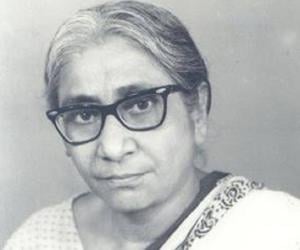
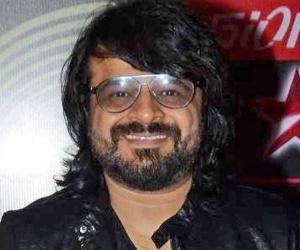
Known for blending Indian classical music with contemporary undertones, Indian music director, composer, and record producer, Pritam Chakraborty is also a well-known singer and instrumentalist. Beginning his career with ad jingles, he later partnered with Jeet Ganguly to compose music for Hindi films before going solo. He has won numerous awards for his work, concurrently helping budding musicians through his organization JAM8.
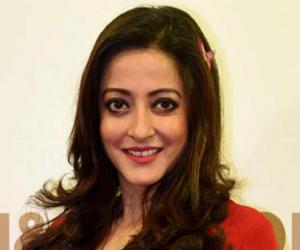
Fatima Jinnah was a Pakistani politician, stateswoman, and dental surgeon. She was the younger sister of Muhammad Ali Jinnah, the founder of Pakistan. Fatima worked closely with her elder brother, who often sought the advice of his sister. Fatima Jinnah is also credited with co-founding the All Pakistan Women's Association, which aims at promoting the welfare of Pakistani women.
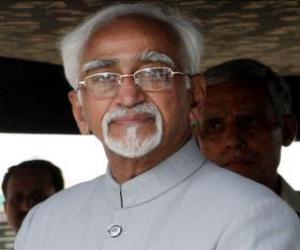

Known to Bengali audiences as Mahanayak, legendary actor Uttam Kumar ruled the Bengali film industry in the 1950s and the 1960s with superhits such as Harano Sur and Saptapadi. Loved for his on-screen chemistry with Suchitra Sen, he later died of a heart attack while shooting for Ogo Bodhu Shundori.
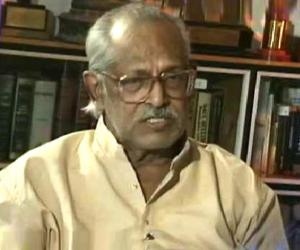
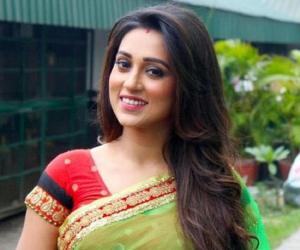
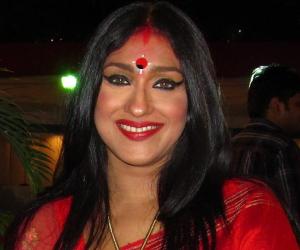
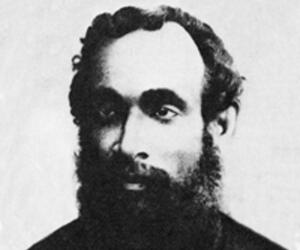
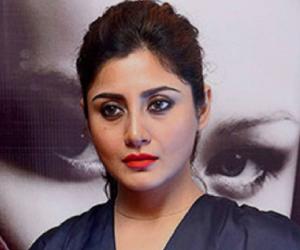
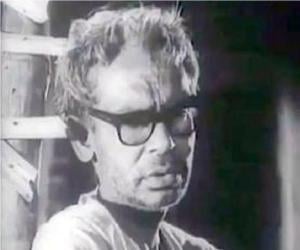
Ritwik Ghatak was an Indian film director, playwright, and screenwriter. Best remembered for his depiction of realism, Ghatak was honored with India's fourth-highest civilian award, Padma Shri, in 1970. Ghatak also had a teaching career and is credited with teaching future filmmakers like Adoor Gopalkrishnan and Kumar Shahani. Ritwik Ghatak’s filmmaking style also influenced a generation of filmmakers and screenwriters.
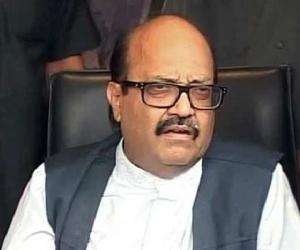
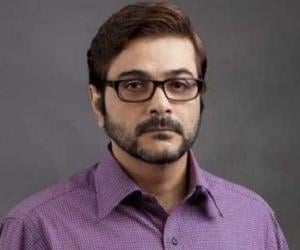
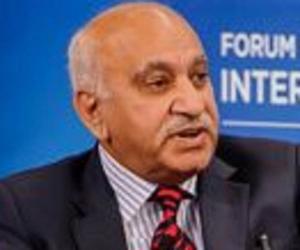
Initially part of the Indian National Congress, politician M. J. Akbar later joined the BJP. A leading journalist, too, he founded The Asian Age. The former Rajya Sabha MP and external affairs minister was dragged into a controversy when he lost a #MeToo defamation case against journalist Priya Ramani.
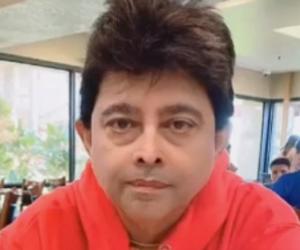
Jeet Gannguli is a score composer and music director active in Hindi film industry. He is trained in Indian classical music and is also well-versed in western classical music, jazz, and rock. He began his career in the early 2000s and has been scoring music for TV commercials, jingles, TV serials, and Hindi and Bengali films.
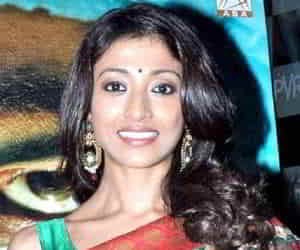
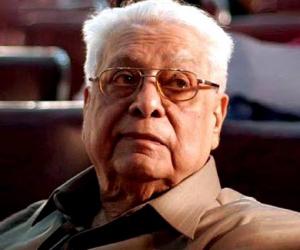
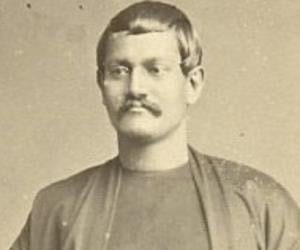
Keshab Chunder Sen was an Indian social reformer and philosopher. Although he was born a Hindu, Sen thought highly of Christian theology and wanted to incorporate the theology of Christian practice into the framework of Hindu thought. By the use of Christian missionary methods, Keshab Chunder Sen effected several social reforms in India.
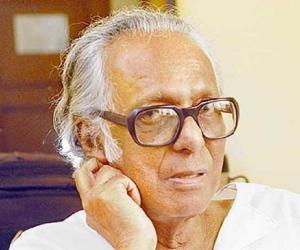
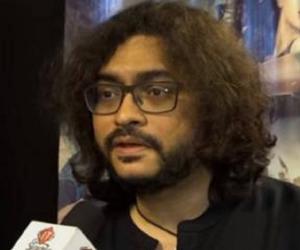
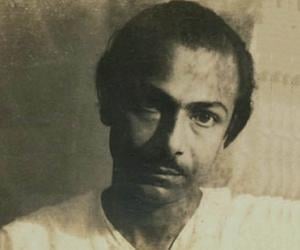
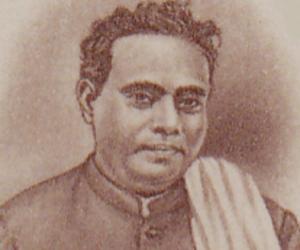
Indian social reformer and Malayali literary icon Kumaran Asan is known for his revolutionary impact on Malayali poetry. He died when the boat carrying him from Kollam to Alappuzha met with an accident midway. He is remembered for his works such as his iconic narrative poem Duravastha.
